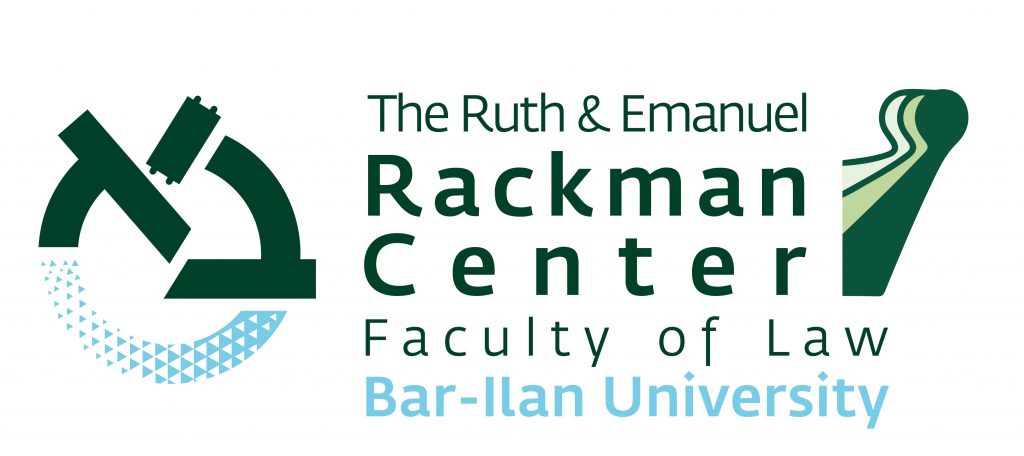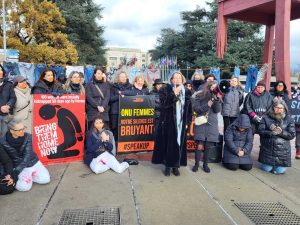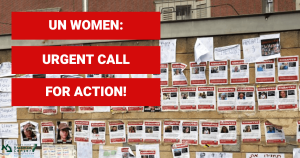It was recently reported that, shockingly, in Israel in the year 2020, the government is negotiating a plan with the leaders of the Haredi community whereby girls in the Haredi education system will remain home to allow the boys to return to school and study in small groups in hopes that such social distancing will limit the further spread of COVID-19. The plan, as publicized, violates the girls’ right to education, health and equality, the right to human dignity and autonomy for young women. It is blatant and dangerous discrimination and it must be rejected entirely!
The Rackman Center’s Prof. Ruth Halperin-Kaddari initiated and led a response in the form of a letter signed by 55 academic law lecturers arguing that the plan, as publicized, is discriminatory and violates Israeli and international law. (The letter in Hebrew can be found here). It was sent to the Prime Minister, the Minister of Education and the Attorney General. Following its submission, Prof. Halperin-Kaddari was interviewed on Galei Tzahal and Kan radio (both in Hebrew) where she argued that the plan “…crosses a red line. The State is dirtying its hands in blatant and clear discrimination – the boys will return to school while the girls remain home.”
In addition, the Rackman Center’s Dr. Cochav Elkayam-Levy, Adv., Director of our Policy and Legislative Department named in honor of Baruch and Ruth Rappaport, together with Adv. Gali Zinger, Director of the Legal Department at the Israel Women’s Network, and other organizations and Haredi women activists, prepared a letter protesting the publicized plan and demanding that it be rejected outright. This letter was sent to the Prime Minister, the Minister of Education, the Chairperson of the Education Committee, the Chairperson of the COVID-19 Committee, the Attorney General and the Deputy Attorney General. The voices heard from Haredi women on this issue set a new precedent that we gladly welcome!





